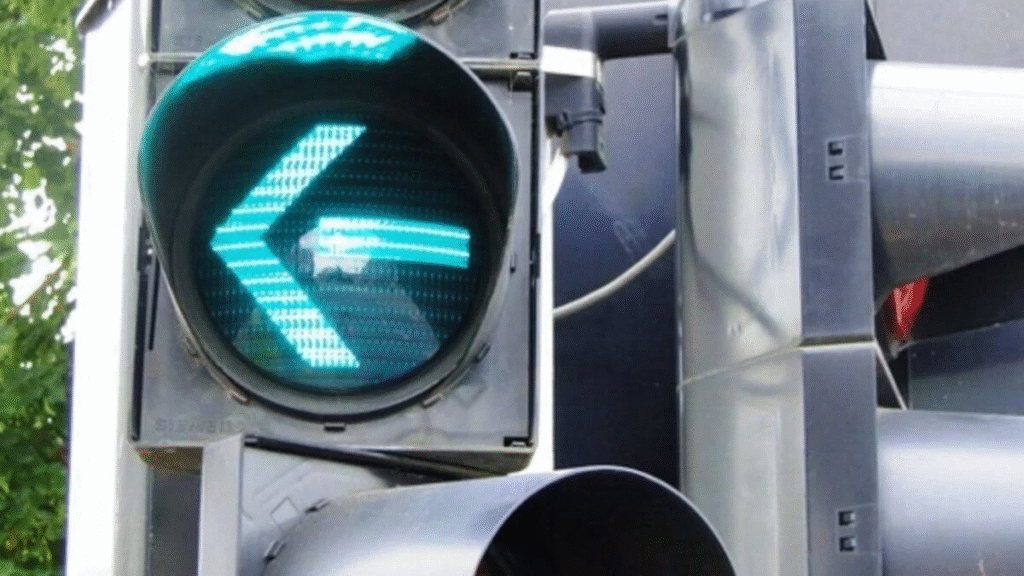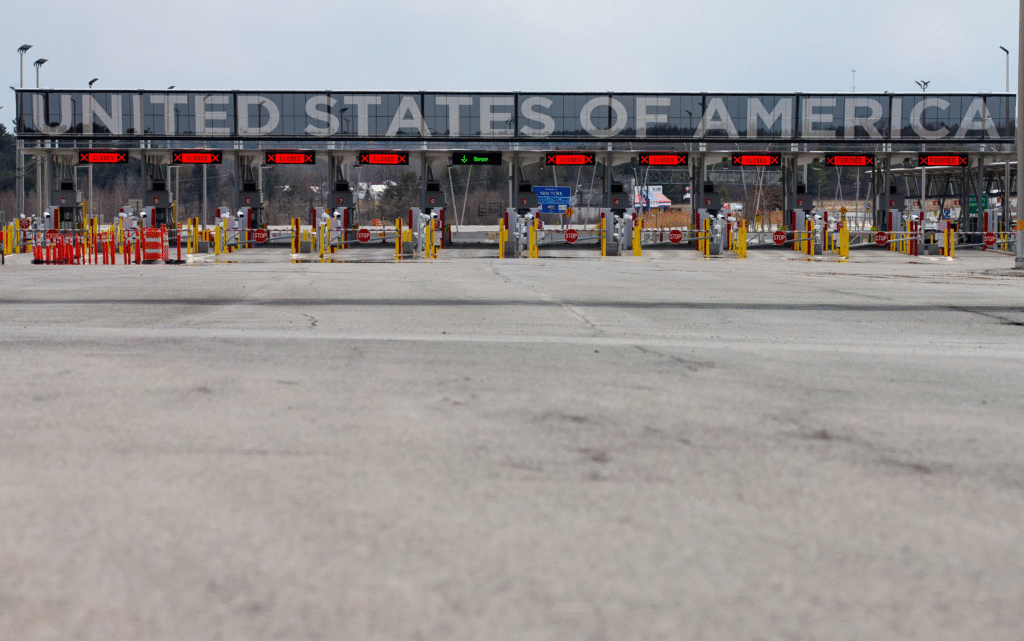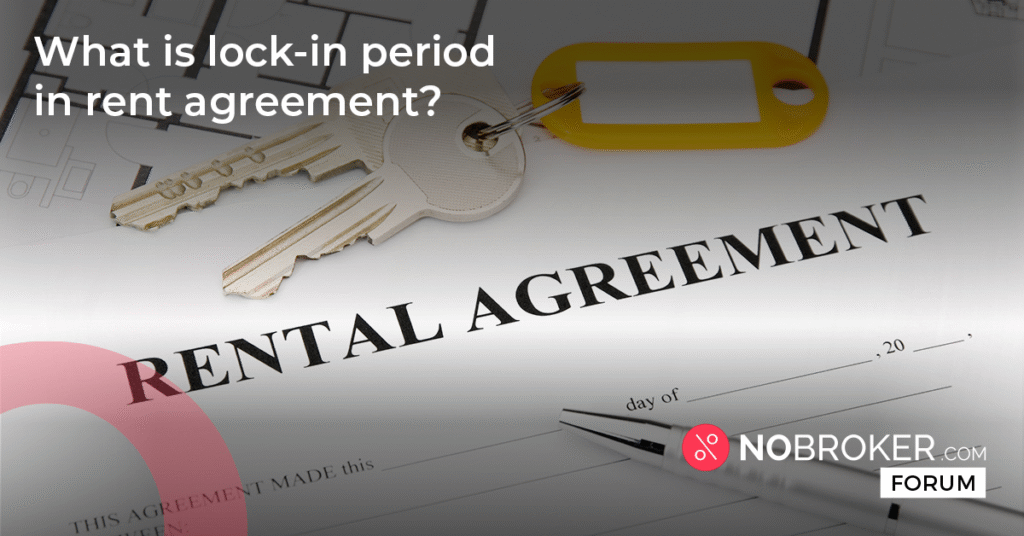Now Reading: Rental in UAE 2025: 10 Rules You Must Know Before Driving
-
01
Rental in UAE 2025: 10 Rules You Must Know Before Driving
Rental in UAE 2025: 10 Rules You Must Know Before Driving

Table of Contents
Driving a rental car in the UAE can be a convenient and flexible way to explore the country. However, before getting behind the wheel, it is essential to understand the rules and regulations that govern rental cars in the UAE. Ignoring these rules can lead to fines, penalties, or even legal complications. Here is a comprehensive guide to help drivers navigate UAE rental car policies safely and responsibly.
1. Age and Driving License Requirements

One of the first things to know before renting a car in the UAE is the age requirement. Most rental companies require drivers to be at least 21 years old. For luxury or sports cars, the minimum age may increase to 25 years.
In addition, drivers must have a valid driving license. UAE residents need a UAE driving license, while tourists can use an international driving permit (IDP) along with their home country license. Always check with the rental company to confirm which documents are accepted.
2. Insurance Policies Are Mandatory

Insurance is not optional in the UAE. Every rental car comes with basic insurance, but drivers are encouraged to review the coverage carefully. Some policies cover only third-party damage, while others offer comprehensive protection that includes damage to the vehicle, theft, and roadside assistance.
Upgrading insurance is often worth considering, especially for tourists who may be unfamiliar with local traffic conditions. Rental companies may also ask for a refundable deposit, which will be returned if the car is returned without damage.
3. Understand Traffic Rules and Fines

The UAE has strict traffic laws, and violations can lead to significant fines or even legal action. Key rules include:
- Speed Limits: Typically, 60-80 km/h in city areas and 100-140 km/h on highways.
- Seat Belts: Mandatory for all passengers.
- Mobile Phones: Using a mobile phone while driving without a hands-free system is illegal.
- Parking: Pay attention to parking rules to avoid fines or towing.
Traffic fines are automatically linked to the vehicle’s registration, which means the rental company may charge you if you violate these rules.
4. Fuel Policies

Fuel policies vary depending on the rental company. Most cars are rented with a full tank, and drivers are expected to return the car full. Failing to refill the tank can result in extra charges, which are usually higher than local fuel prices.
Some companies offer a prepaid fuel option, which can be convenient for short trips or when driving in remote areas. Always clarify the fuel policy before signing the rental agreement.
5. Additional Fees to Watch Out For

Rental cars may seem affordable at first, but hidden fees can increase the total cost. Common charges include:
- Extra driver fees if more than one person will drive the car.
- Late return penalties if the car is returned after the agreed time.
- GPS or child seat rentals, which may not be included in the base price.
Reading the rental contract carefully is essential to avoid unexpected charges.
6. Cross-Border Travel Restrictions

Not all rental companies allow their cars to be driven outside the UAE. If you plan to travel to neighboring countries like Oman, you must get prior approval and appropriate insurance coverage. Violating these rules may void insurance and result in serious penalties.
7. Understand Rental Duration and Conditions

Rental periods in the UAE are usually flexible, ranging from a few hours to several weeks. Some companies offer daily, weekly, or monthly rates. However, early returns may not always be refunded, and extensions require prior notice.
Also, rental companies may set conditions regarding mileage. Many contracts include a mileage limit, and exceeding it can result in additional fees.
8. Vehicle Inspection and Reporting

Before driving away, carefully inspect the car for any existing damage, scratches, or mechanical issues. Most rental companies provide a checklist, and it is crucial to report any pre-existing damage to avoid disputes later.
Upon return, the car will be inspected again. Any new damage may be deducted from the deposit, so thorough documentation at the start is critical.
9. Emergency Procedures

Accidents or breakdowns can happen even to careful drivers. Make sure you know the emergency contact numbers and roadside assistance procedures. Most rental companies provide 24/7 support, but it’s important to understand how to report incidents and follow legal requirements, especially in case of injury or damage.
10. Respect Local Culture and Driving Etiquette

While the UAE has modern roads and infrastructure, understanding local driving etiquette can make the experience safer. Aggressive driving, tailgating, or not following lane rules can provoke accidents or confrontations. Always drive cautiously and respect cultural norms.
Final Thoughts
Renting a car in the UAE is an excellent way to explore cities, deserts, and coastal areas with freedom and convenience. However, adhering to rules and regulations is crucial for a smooth experience. From age requirements and valid licenses to insurance policies and traffic fines, understanding these rules ensures safety and prevents unnecessary costs.
Being prepared not only protects you legally but also allows you to enjoy the UAE’s roads with confidence. Whether you are a resident or a tourist, following these essential guidelines will help you have a stress-free and enjoyable driving experience.
Read More:- Portugal’s Dama Art Gallery Takes Global Lead in Art Movement Now 2025






















